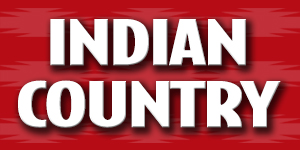Importance of food sovereignty discussed at final LCPD Brown Bag series presentation
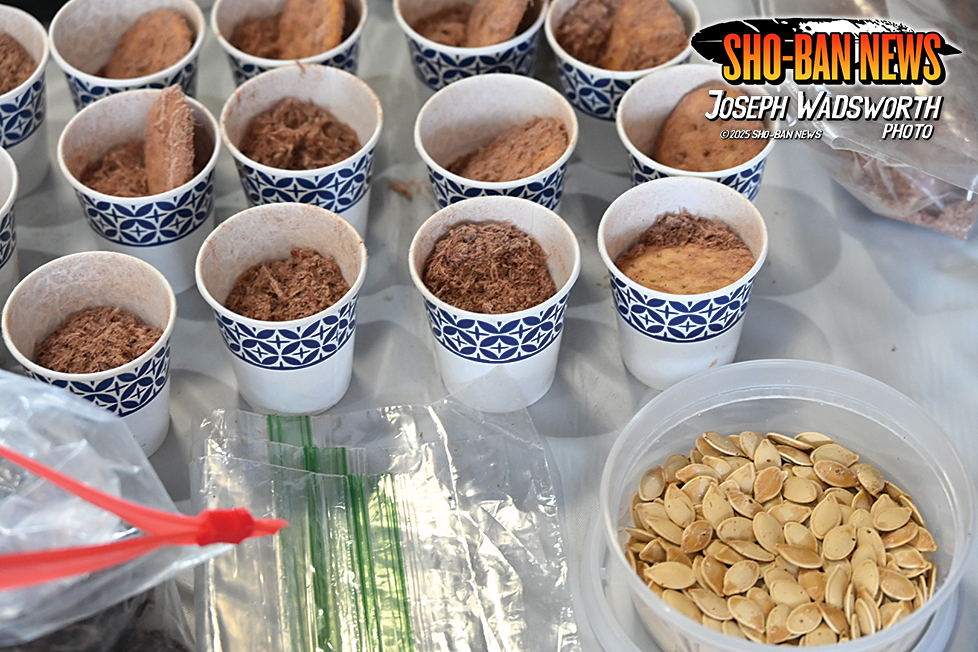
Dried meat and roasted pumpkin seeds samples were served at the LCPD presentation on November 20 in the TBC Dome Room.
By LIZZIE BOYD
Sho-Ban News
FORT HALL — The Shoshone-Bannock Language and Culture department had their final Brown Bag lunch series on food sovereignty for Native American Heritage month November 20.
Rebecca Washakie, Shoshone-Bannock Tribal member who works remotely for the Northwest Portland Area Indian Health Board as a BS Environmental Public Health Coordinator, was the first presenter on Native American Food Sovereignty, nourishing land, culture and community.
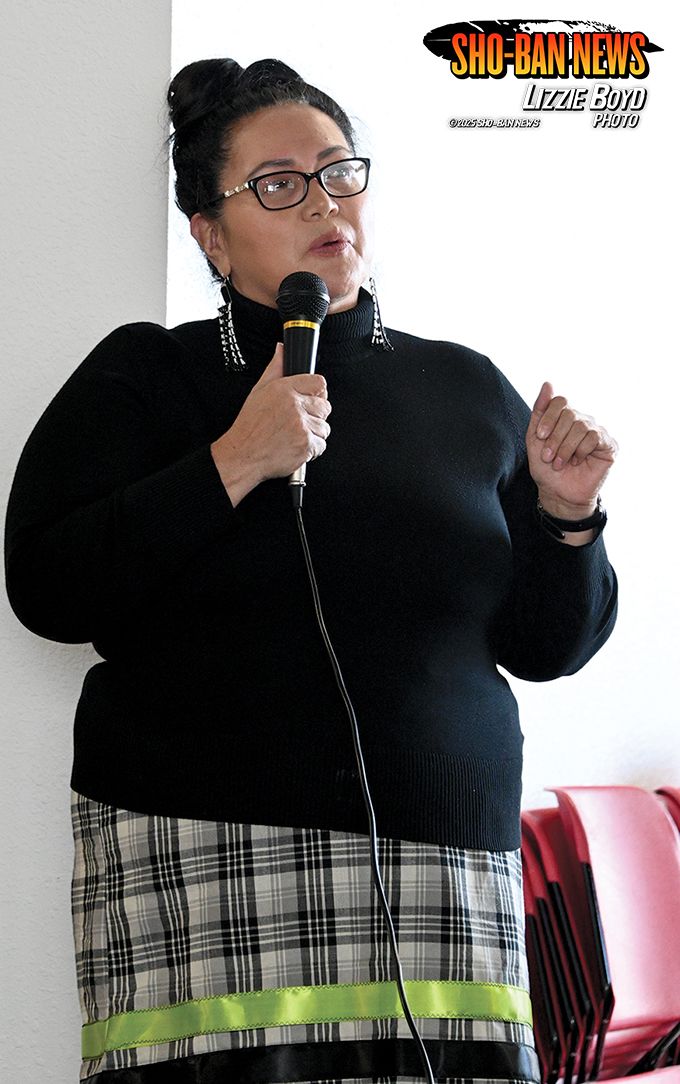
Rebecca Washakie speaks.
Food sovereignty is defined as the right of Indigenous peoples to define, grow, harvest, and share their own foods. Washakie discussed why food sovereignty is so important, she said, “it strengthens tribal sovereignty and self-determination. It protects and revitalizes language, ceremony and cultural identity.” Food sovereignty also improves health outcomes and resilience in crises, such as pandemics, supply chain disruptions or the things such as the government shutdown.
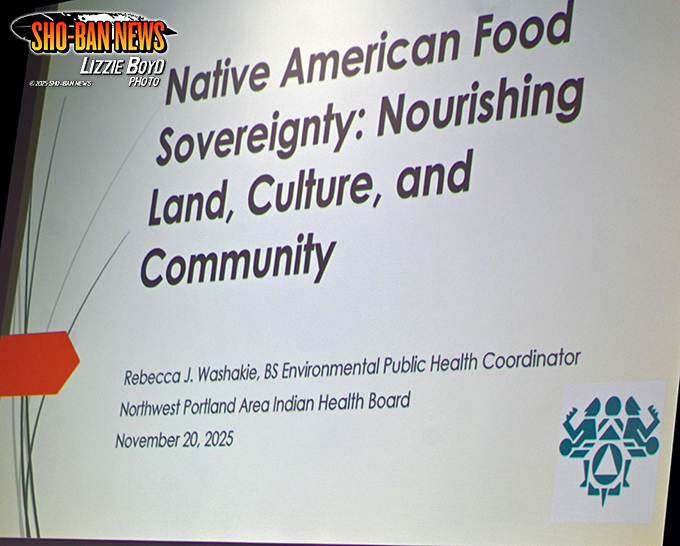
The presentation shown at the LCPD Brown Bag lunch series by Rebecca Washakie.
Washakie discussed starting a collation group to help with food sovereignty. She said, “before you build a house, you ask the people what rooms they need, it starts with hosting a community listening session, such as this presentation.” She went onto say, “hold a two to three community forums, in person or virtual and invite elders, hunters, gathers, fishers, gardeners, growers, local ranchers and farmers.”
Challenges and barriers are still an issue that is faced when food sovereignty is discussed. Such as limited access to land, water, capital and infrastructure. Regulations that can make traditional practices harder and distribution rules. Underfunded programs and short-term grants, and the last issue that was discussed was colonial mindsets that devalue Indigenous knowledge.
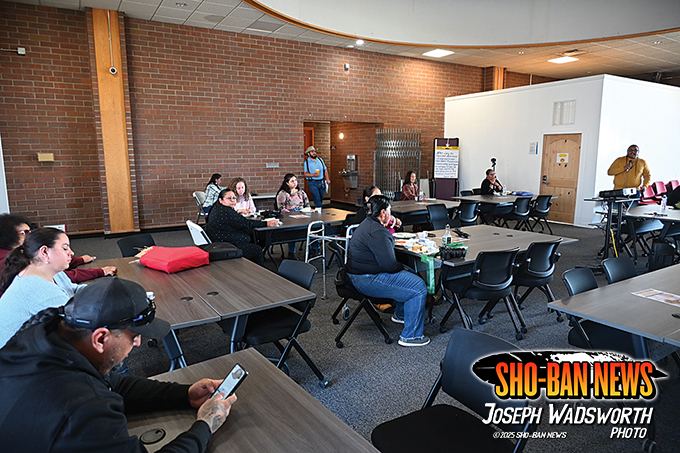
LCPD food sovereignty presentation attendees.
Washakie closed out her presentation by discussing funding options to help support food sovereignty for the Fort Hall community with Tribal departments that were in attendance.
Nolan Brown, Original Territories Historic Research manager, continued the discussion on food sovereignty and presented on the invasive grass that is overtaking the camas out on the Camas Prairie. The grass has taken over the area, and he talked about how fast the invasive grass grew in a short period of time. He explained how LCPD is working with different programs to replant camas in the area and mitigate the invasive grass.
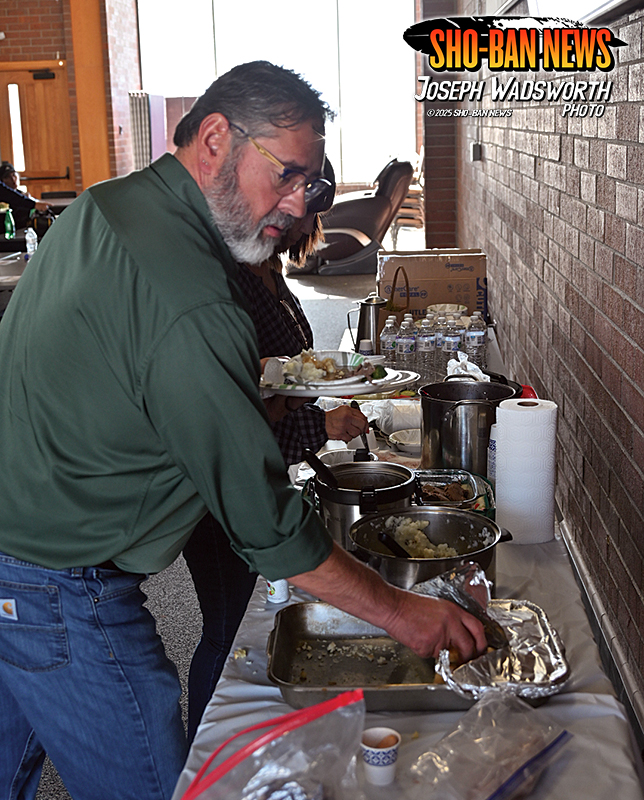
FHBC member Russell Haskett samples traditional foods.
Participants ate roast elk meat, chokecherry pudding, dried meat, pumpkin seeds, mashed potatoes and gravy, along with vegetables.




